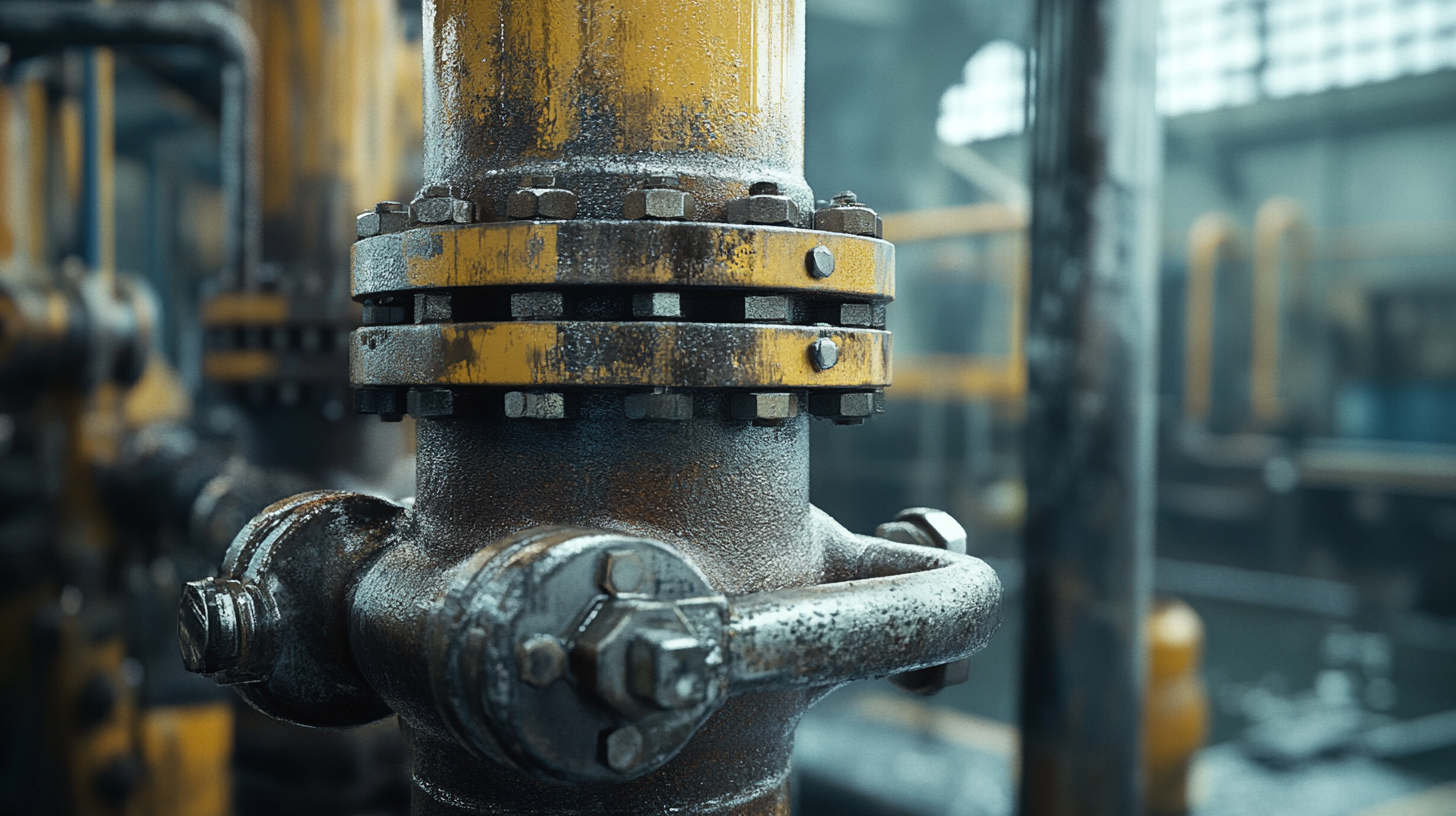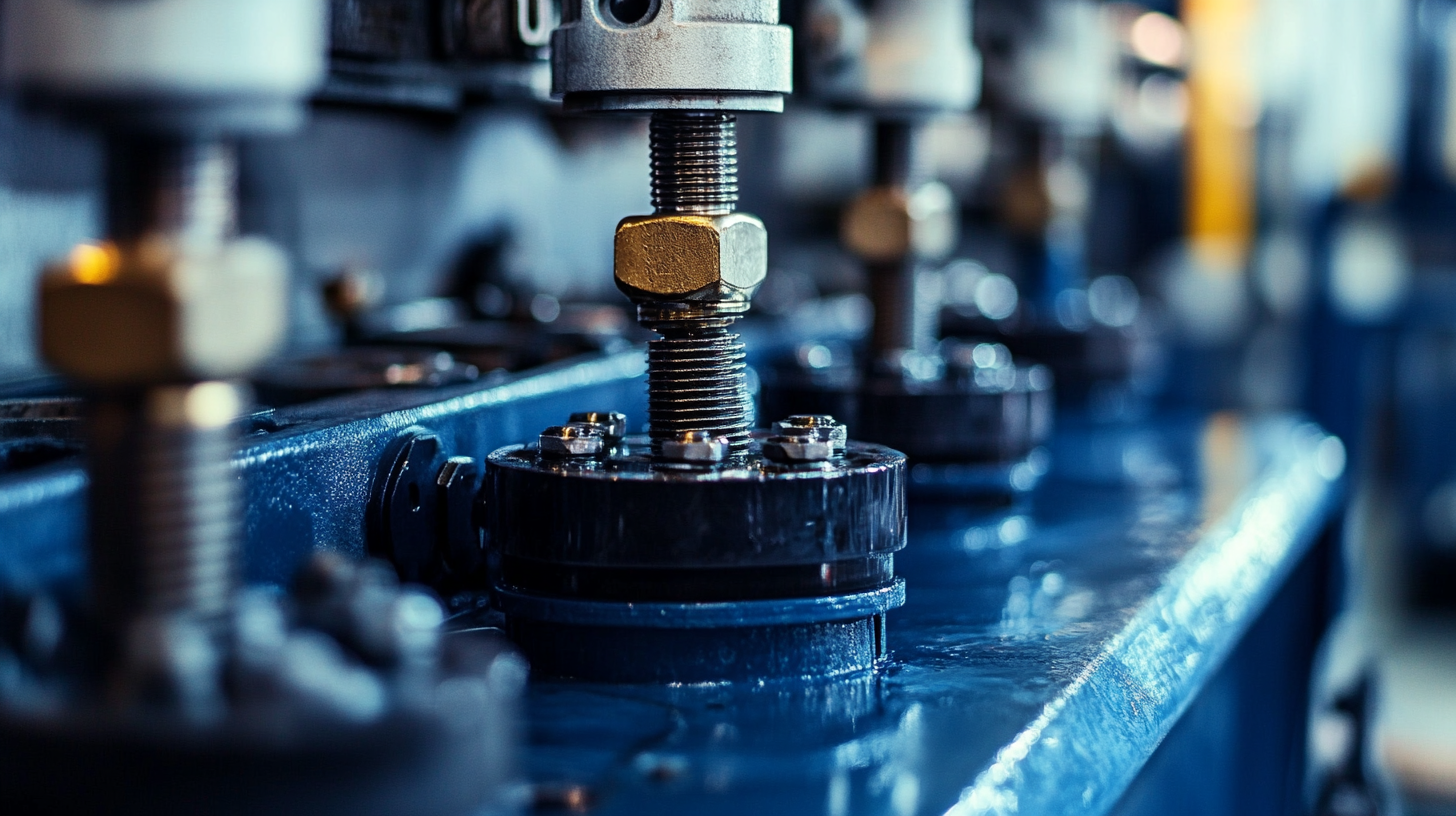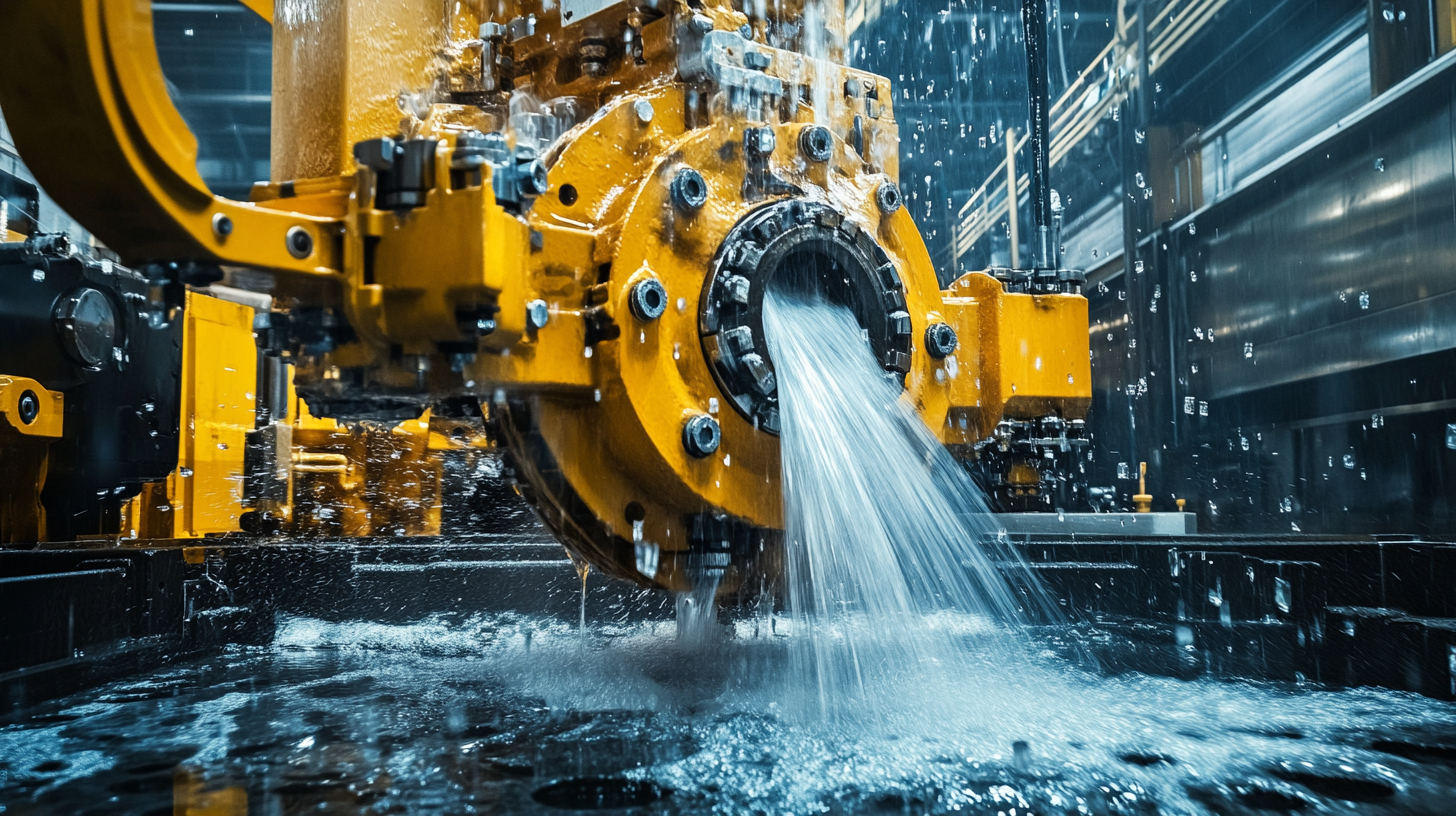Advantages of Using Hydraulic Filters for Optimal Machine Performance
Hydraulic filters play a critical role in ensuring the optimal performance of machinery and hydraulic systems across various industries. According to the Global Hydraulic Filter Market report by Research and Markets, the hydraulic filter industry is expected to witness significant growth, reaching a valuation of approximately $7.5 billion by 2026, driven by the increasing need for reliable and efficient equipment across sectors such as construction, agriculture, and manufacturing. The effective filtration of hydraulic fluids helps to minimize wear and tear on vital components, reduce operational costs, and enhance the overall lifecycle of machinery.
Moreover, a study published in the Journal of Fluid Engineering reveals that up to 70% of hydraulic system failures are attributed to contaminated fluids. This statistic underscores the importance of utilizing high-quality hydraulic filters to maintain the cleanliness of hydraulic fluids, thereby promoting optimal machine performance. As industries continuously evolve and strive for greater efficiency and sustainability, integrating advanced hydraulic filtration solutions becomes essential for any organization aiming to enhance productivity and reduce downtime. The following sections will delve into the advantages of using hydraulic filters and how they contribute to the longevity and efficiency of machinery.

Importance of Hydraulic Filters in Industrial Applications
In industrial applications, the importance of hydraulic filters cannot be overstated. As machinery becomes increasingly complex, maintaining optimal performance relies heavily on the quality of hydraulic systems. The Global Industrial Hydraulic Equipment Market is projected to reach USD 52.6 billion by 2033, growing at a CAGR of 5.7%. This growth is largely driven by the rising demand for efficient hydraulic systems that incorporate advanced filtration technology, essential for preventing contamination and extending machine lifespan. Hydraulic filters play a crucial role in this environment, as they ensure clean hydraulic fluid circulates throughout the system, minimizing wear and tear on components. A recent analysis revealed that the hydraulic equipment market was valued at approximately USD 34.1 billion in 2023, highlighting a significant investment in filtration solutions. Industries are recognizing that investing in high-quality hydraulic filters can lead to substantial cost savings through reduced maintenance and downtime. Furthermore, as industries focus on sustainability, the integration of nature-based solutions for greywater treatment mirrors the conscientious approach toward hydraulic systems. With hydraulic power projected to hit $24.07 billion by 2031, the emphasis on hydraulic filter technology will be essential to support increased agricultural and industrial applications, thus ensuring that environmental benefits are realized alongside optimal machine performance.

Key Benefits of Enhanced Filtration for Machine Longevity
Hydraulic filters play a pivotal role in maintaining optimal machine performance, and understanding the key benefits of enhanced filtration can significantly impact the longevity of machinery. One of the primary advantages of using hydraulic filters is their ability to remove contaminants from the hydraulic fluid. These contaminants, which can include dirt, metal particles, and moisture, can cause wear and tear on machinery components. By employing high-quality filters, operators can ensure that these harmful particles are kept at bay, promoting smoother operation and reducing the chances of unexpected breakdowns.
Another benefit of enhanced filtration is the improvement of hydraulic fluid efficiency. Clean hydraulic fluid not only operates better but also aids in heat dissipation, which is crucial for preventing overheating during prolonged use. Moreover, efficient filtration systems can extend the intervals between fluid changes, optimizing maintenance schedules and reducing operating costs. This is especially beneficial in industries where machinery is constantly in use, as it allows for extended uptime and enhanced productivity.
Additionally, the implementation of advanced hydraulic filters can significantly contribute to environmental sustainability. By reducing the need for frequent fluid replacements, these systems minimize waste and the associated disposal costs. This not only supports a greener approach to machine operation but also fosters a culture of responsibility within the industry. In conclusion, the benefits of enhanced filtration through hydraulic filters are multifaceted, enhancing both machine performance and environmental stewardship.

How Hydraulic Filters Improve Operational Efficiency
Hydraulic filters play a crucial role in enhancing the operational efficiency of machinery, particularly in heavy equipment like excavators and loaders. As seen with Caterpillar's latest designs for emergent markets, the integration of high-quality hydraulic filters is essential for maintaining optimal performance. The new variants of Caterpillar’s 36-tonne class excavators are engineered with this in mind, enabling them to operate under demanding conditions while maximizing productivity. By ensuring that hydraulic fluid remains clean and free from contaminants, these filters contribute to the reliability and longevity of the machinery.
Moreover, the focus on reducing operating costs in Caterpillar’s new material handler is another testament to the importance of hydraulic filters. Effective filtration not only minimizes wear and tear on hydraulic components but also improves fuel efficiency. This leads to lower overall maintenance expenses and prolonged service life for the equipment. Operators benefit from enhanced efficiency as hydraulic systems run smoothly, translating to better control and reduced downtime. Therefore, incorporating advanced hydraulic filters is a strategic move towards achieving superior performance in the construction and excavation industries.

Understanding the Types of Hydraulic Filters Available
When it comes to maintaining optimal machine performance, understanding the various types of hydraulic filters is crucial. Hydraulic systems are essential in many industries, and the reliability of these systems often hinges on the effectiveness of the filters used. There are primarily three types of hydraulic filters: return line filters, pressure filters, and suction filters. Each type plays a unique role in ensuring clean fluid circulation and protecting hydraulic components from wear and contamination.
Return line filters are typically installed in the return line of a hydraulic system, where they can clean the fluid as it flows back to the reservoir. These filters are essential for capturing contaminants that may have entered the system during operation. On the other hand, pressure filters, which are usually positioned before the hydraulic pump, are designed to remove any abrasive particles that could damage hydraulic components under high pressure. Finally, suction filters serve as the first defense in the fluid intake, preventing debris from reaching the pump and causing potential failures.
Choosing the right hydraulic filter is not only about ensuring longevity for machinery but also about improving overall efficiency. Filters with better filtration ratings can capture smaller particles, hence reducing wear and tear and prolonging the life of hydraulic components. As industries continue to evolve, advancements in filter technology also emerge, offering improved designs that enhance performance and reliability in demanding environments.
Maintenance Tips for Maximizing Hydraulic Filter Performance
Hydraulic filters play a crucial role in maintaining optimal machine performance by ensuring that the hydraulic fluid remains clean and free from contaminants. However, to maximize their efficiency, consistent maintenance is essential. Industry data suggests that approximately 70% of hydraulic system failures are attributed to contaminated fluid, emphasizing the need for regular inspection and maintenance of filters.
One effective maintenance tip is to establish a routine schedule for filter inspection and replacement. According to the National Fluid Power Association (NFPA), regular monitoring can extend the life of hydraulic components by up to 50%. Operators should check filters monthly to ensure they are not clogged and are functioning properly. Regularly replacing filters based on the manufacturer’s recommendations or upon reaching a specific pressure differential can prevent serious issues before they arise.
Additionally, consider the quality of hydraulic fluid used in the system, as it directly affects filter performance. The American National Standards Institute (ANSI) advises using fluids that meet ISO cleanliness codes to minimize contaminants. By keeping the hydraulic fluid clean and ensuring it aligns with industry standards, operators can boost the filter’s effectiveness, leading to fewer breakdowns and enhanced operational efficiency.

We have over 30 years of experience in designing complete hydraulic systems, repairs and distribution of fluid power equipment and parts.
FOLLOW US ON :
Contact Details
Address:
4020 SE 45th CT.
Ocala, FL 34480
Phone No:
Email:
sales@cunninghamfluidpower.com


